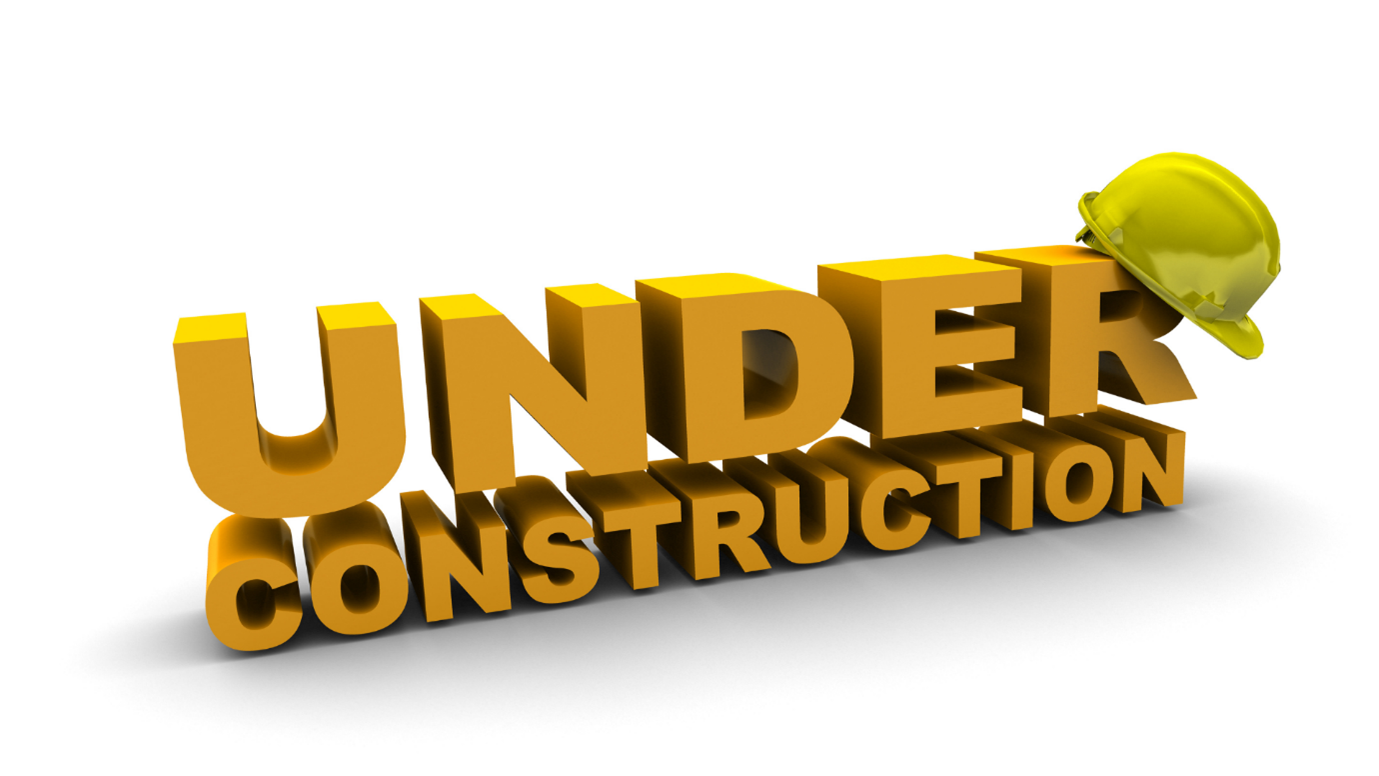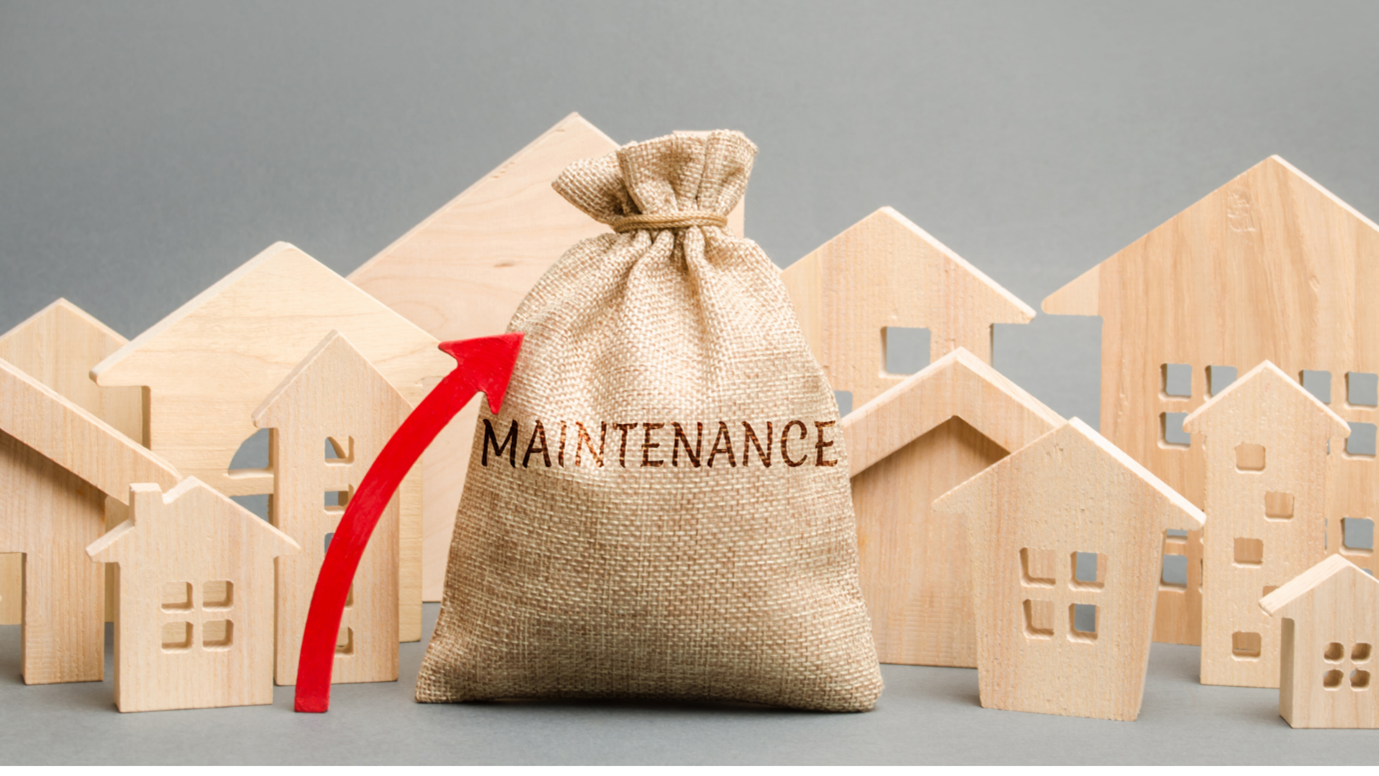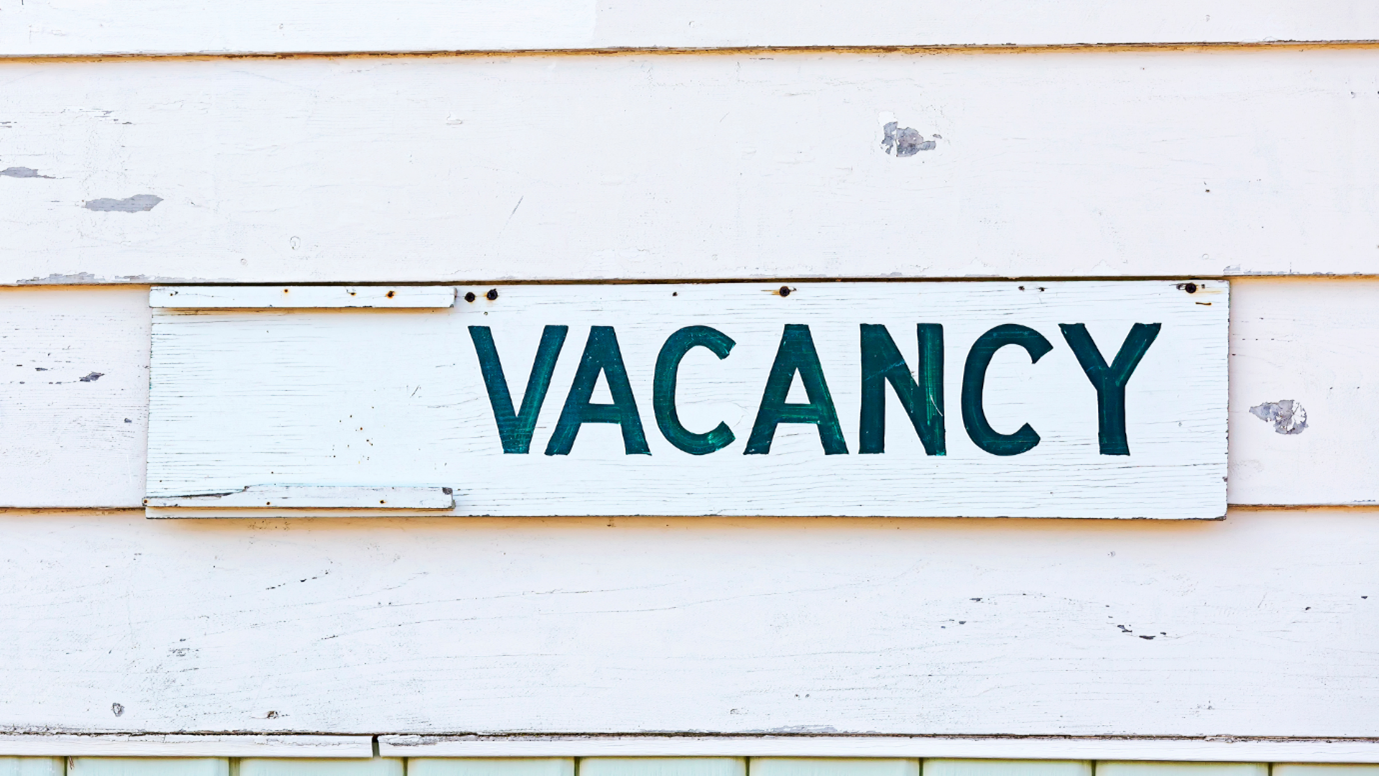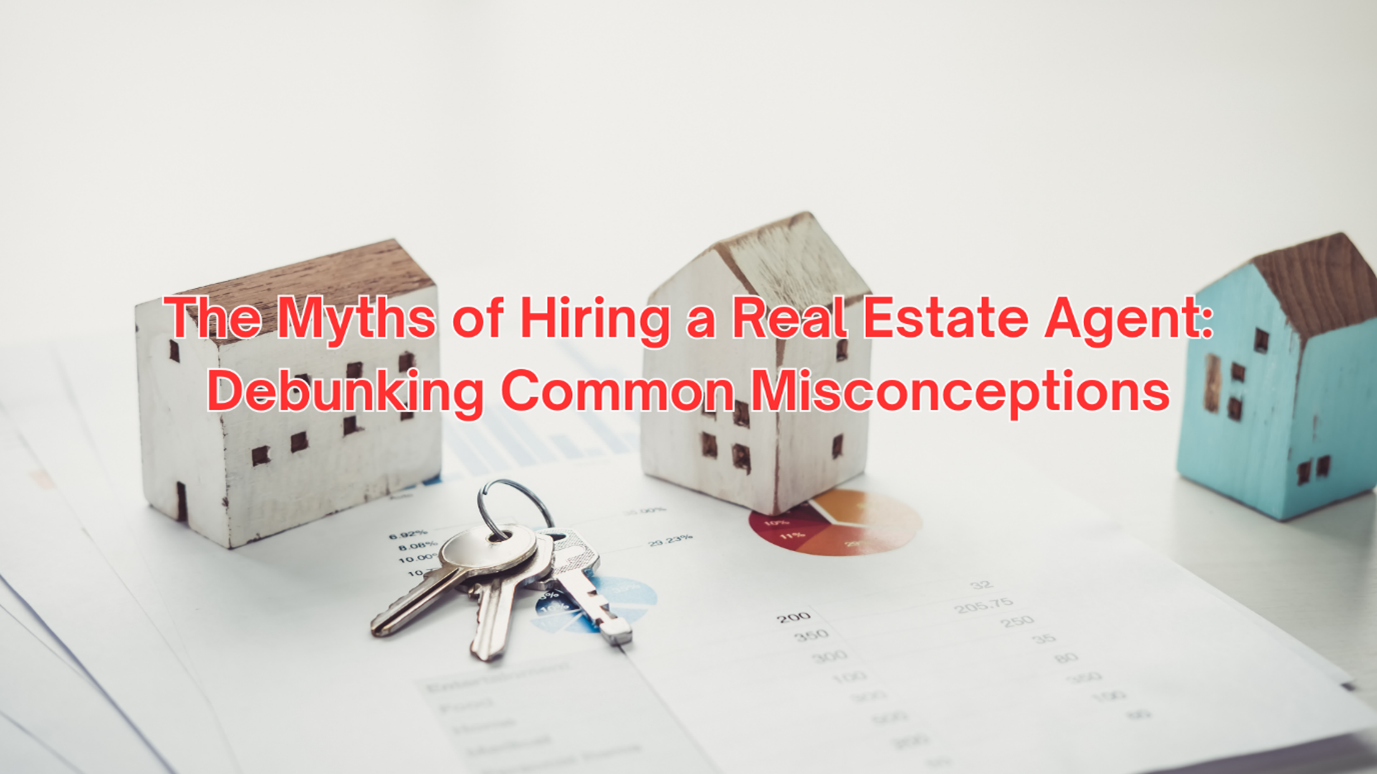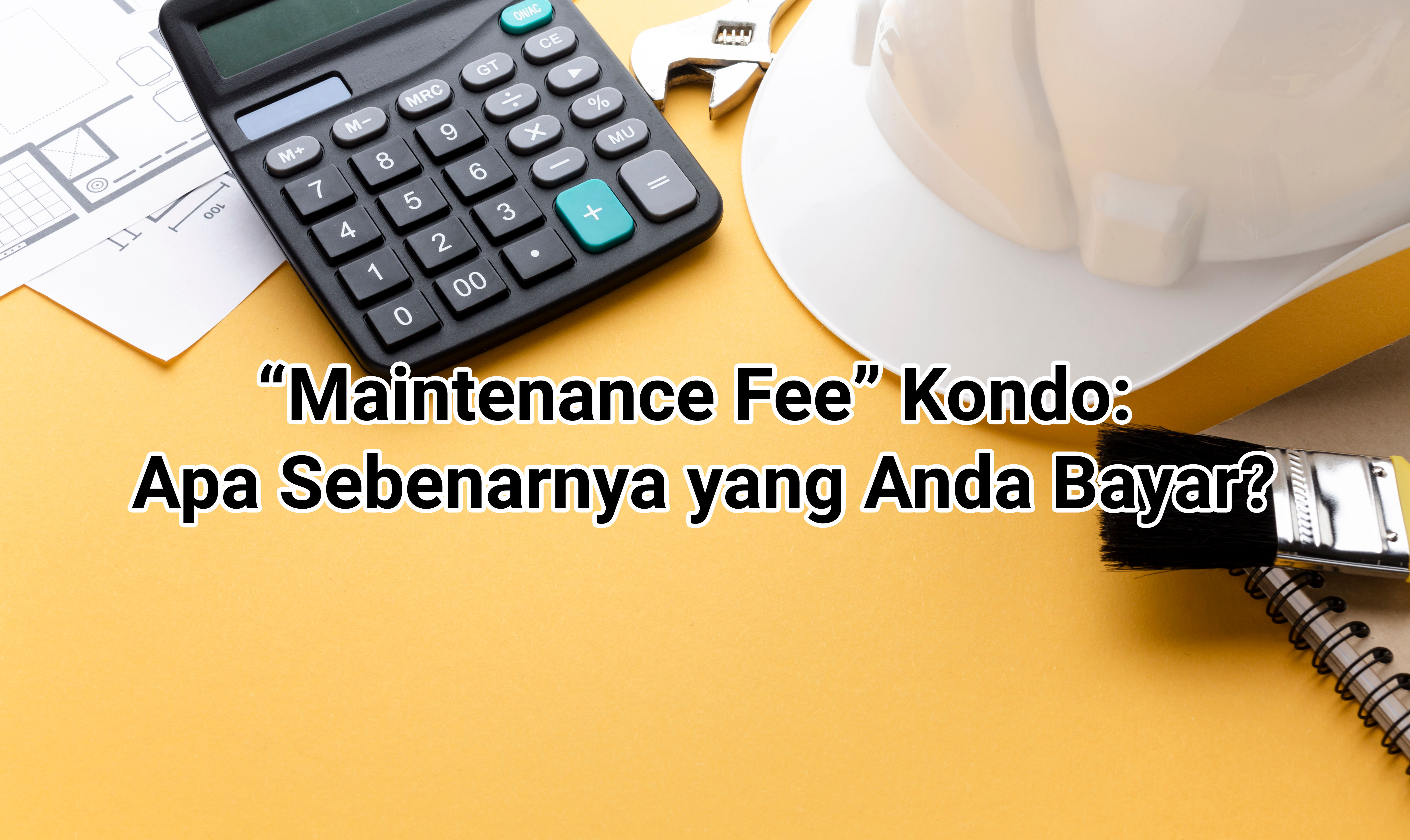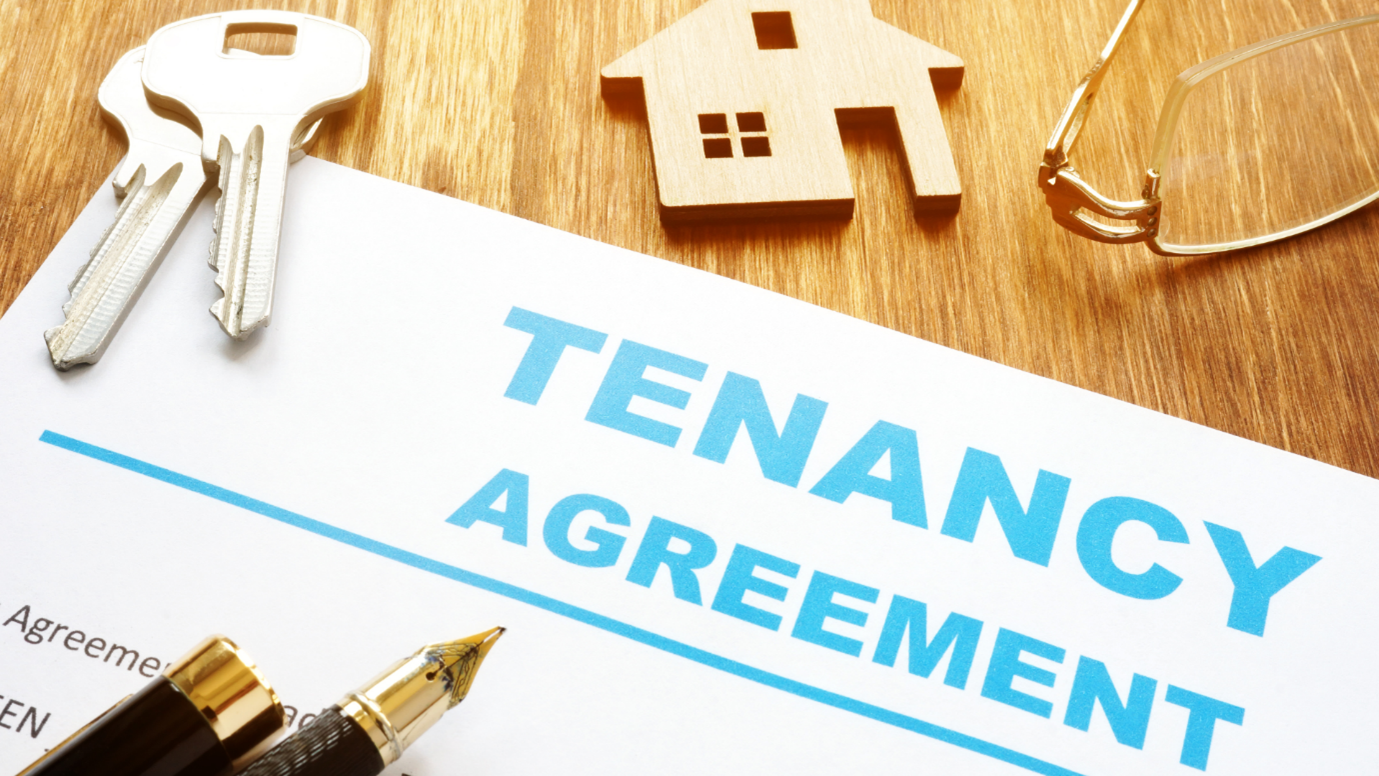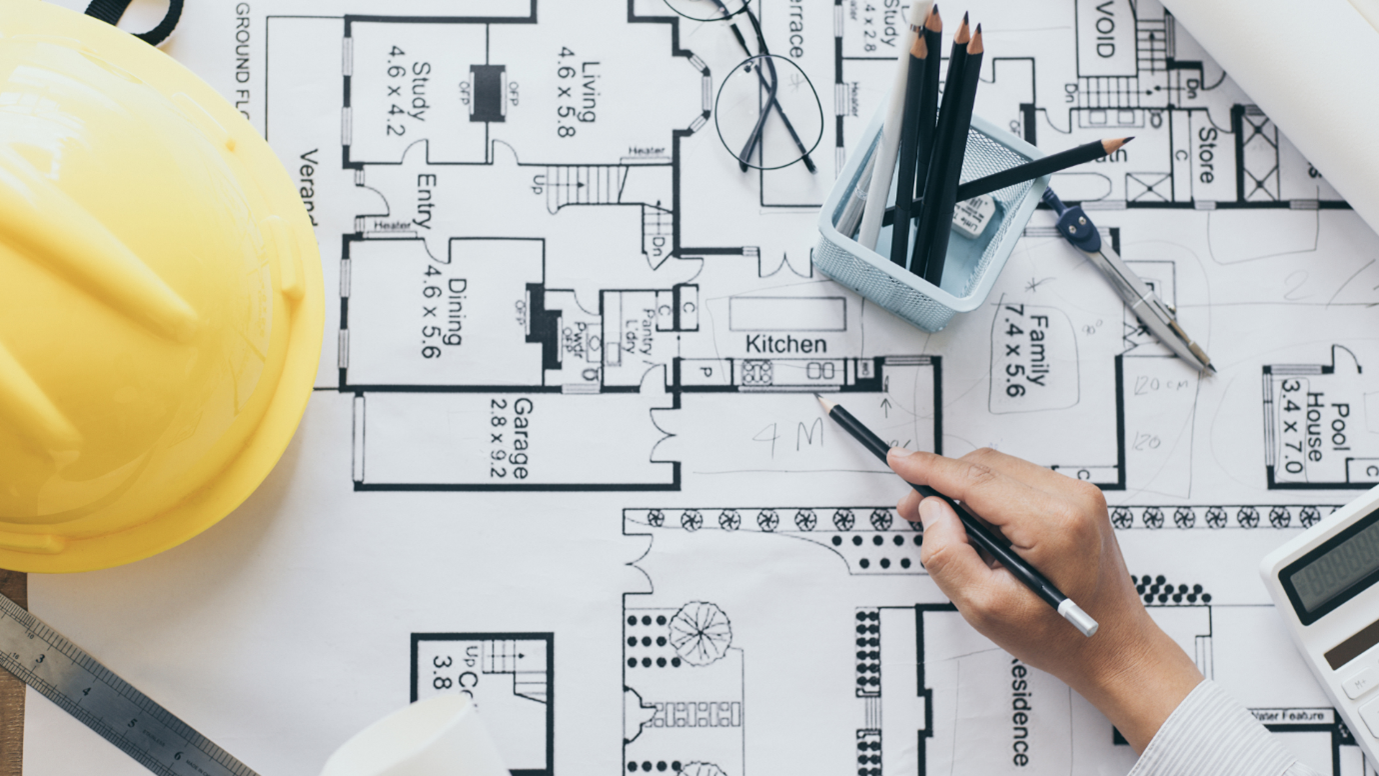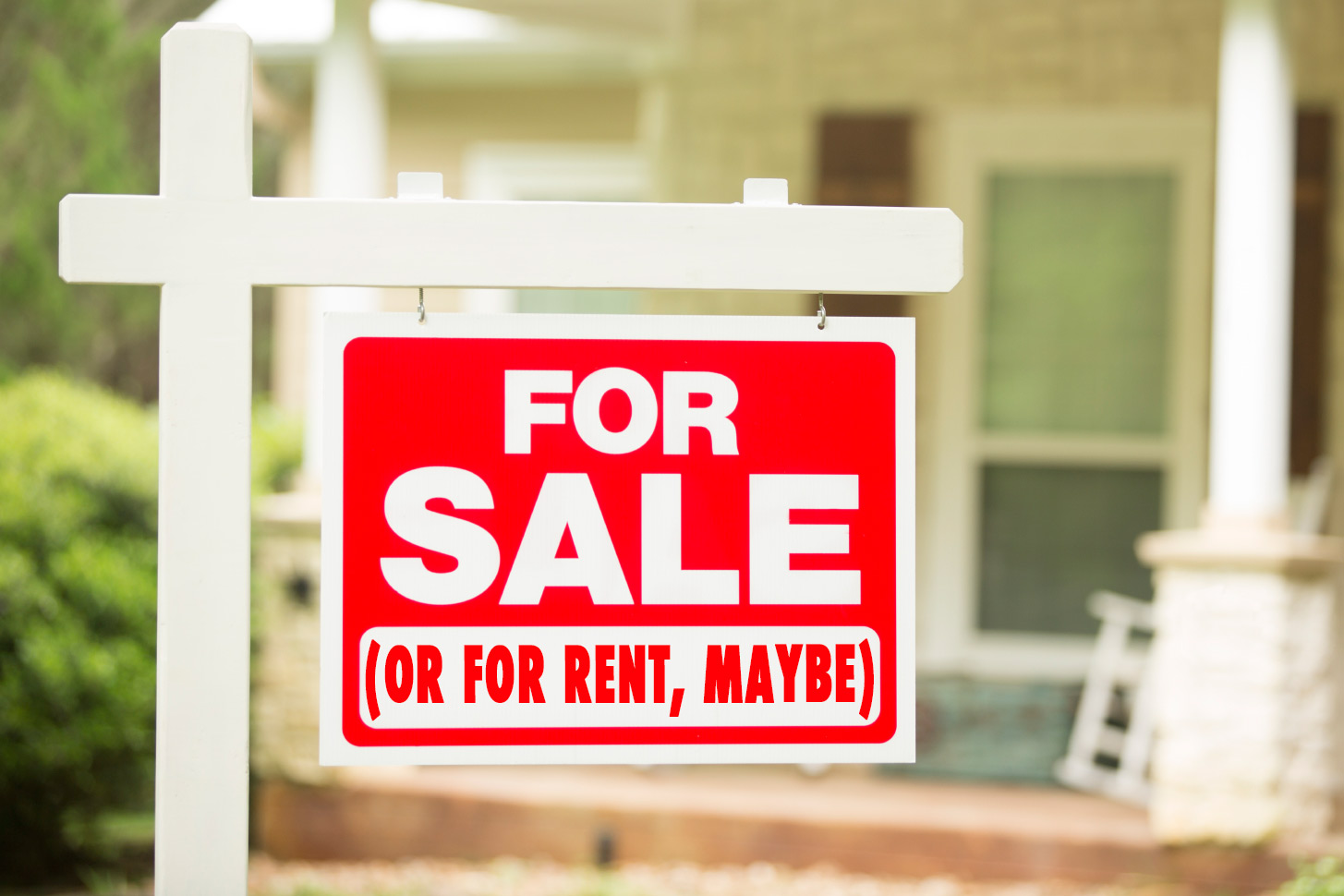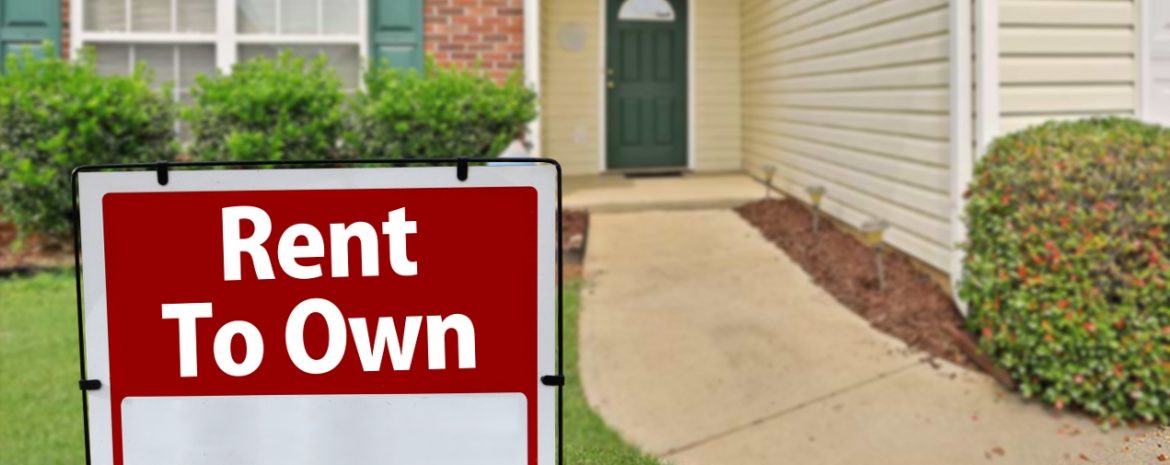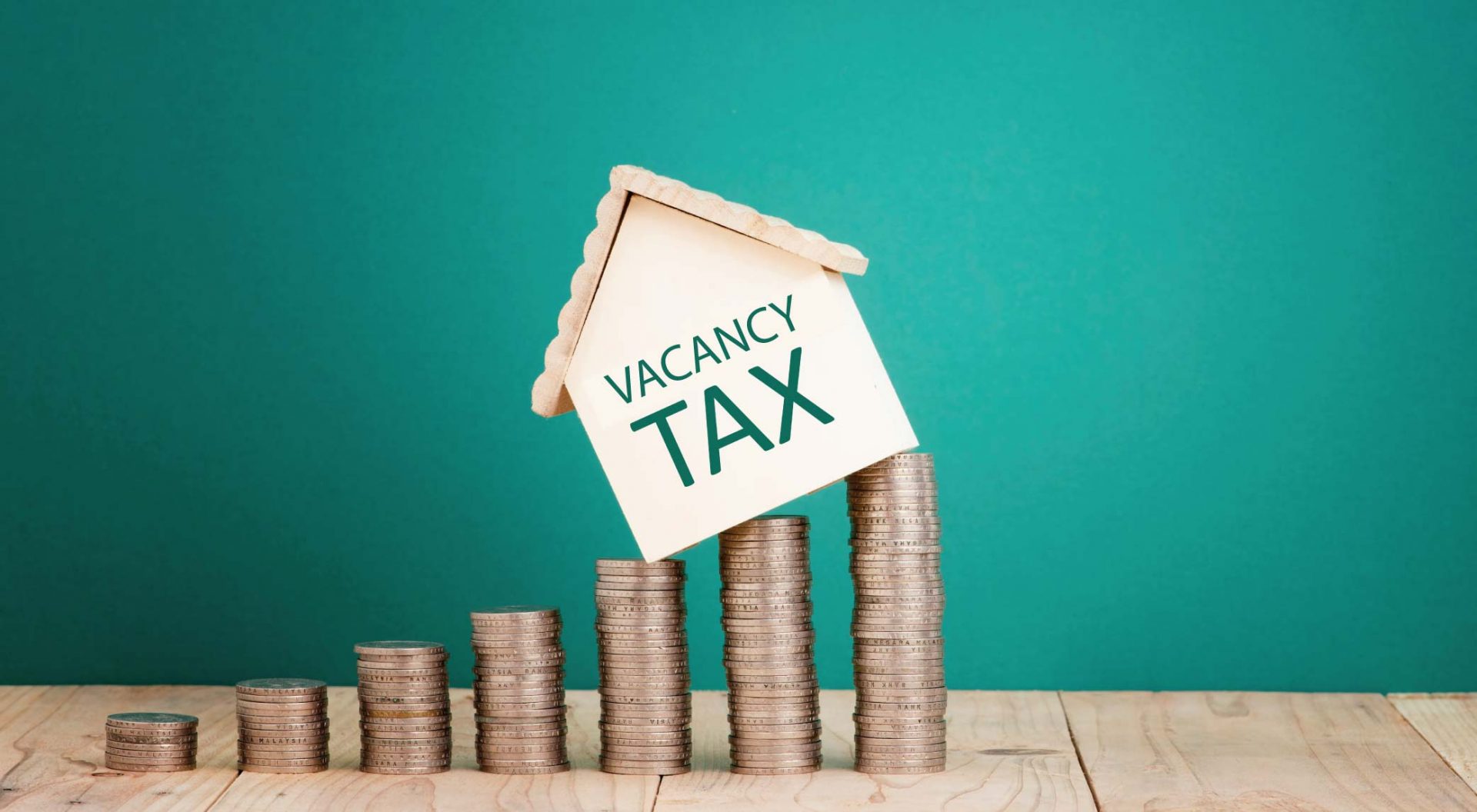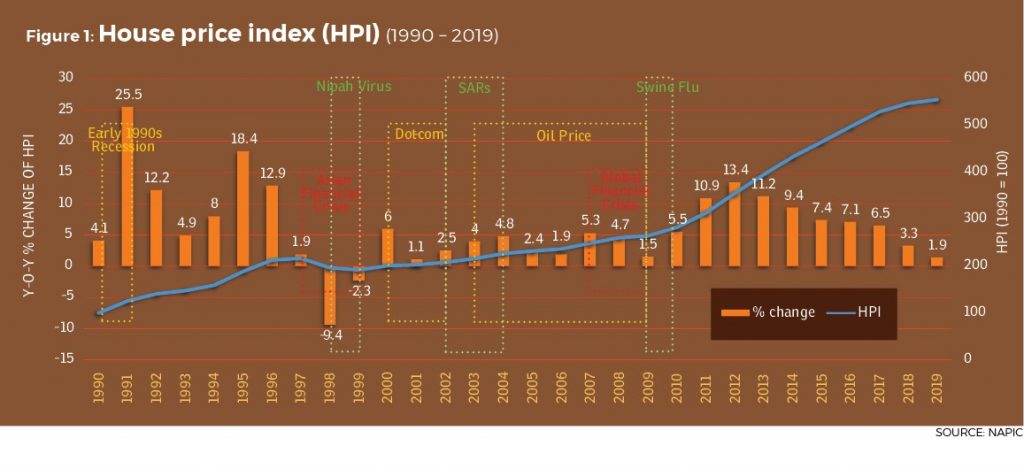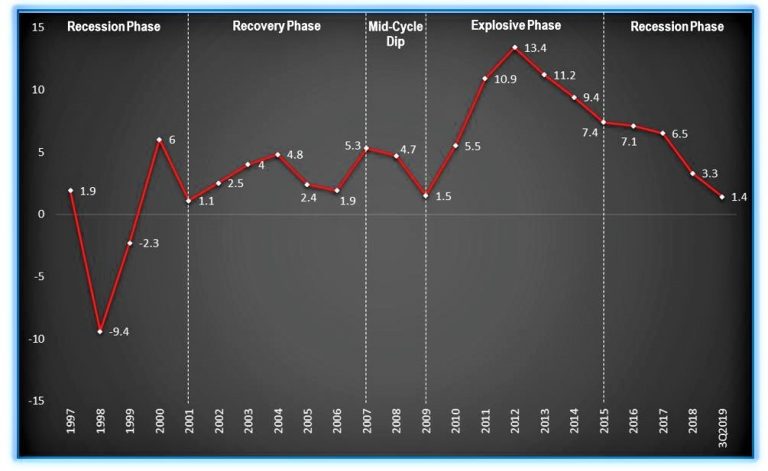Many people don’t know that “thought” has a frequency. Every of it has a frequency. We can measure
this thought, in other words, if you have an ideas repeatedly in your mind or often imagine it, for example,
imagine that you already own a new car, or you already have the money you need, or you are setting up
your own company, or you already have found your soul mate. As long as you imagine them in your mind,
you will continue to emit the corresponding frequency and keep on thinking.
Sending this kind of magnetic signal, this signal will attract similar things back. Imagine that your life is
rich, and you will attract “richness” to you. This law of attraction always works, regardless when and who
and it is true.
Therefore, when you see what you want and accept it from the bottom of your heart, you call a thought,
and the law will respond to your thought, but when you saw the one you don’t want, and repelling it in your
thoughts, you didn’t push it away, on the contrary, you summoned the thought of something you refuse to
have, and the law of attraction will attract the thing you don’t like to your side. This is a universe based
on attraction, and everything is related to attraction.
The law of attraction is always works. No matter whether you believe it or understand it or not, it is always
working. You may be recalling the past, or thinking about the present, or imagining the future, but whether
you are reviving, observing or imagining, in all these processes, you are summoning a kind of thought,
and the most powerful law of attraction in the universe will respond to your thoughts, and creation is
always happening.
Usually, when people start to understand this “secret”, they are afraid since they have too many negative
thoughts. But you should know two things, first, now science has proved that positive thoughts are thousands
of times stronger than negative thoughts. Therefore, this fact can eliminate a lot of your worries.
You live in a world where time is buffering, in fact, this is an advantage. You don’t really want to live in an
environment where ideas can immediately become reality. The realization of ideas is a long-term and
gradual process, which is actually a good thing. Therefore, you need to pay attention to your thoughts,
choose your thoughts carefully. And have fun from it, because you are your own life “engineer”, you are
the Michel Angelo of your own life, and you sculpt your own statue, and these all is come from your
thoughts.
Our feeling is our “feedback mechanism”, which reflects whether we are on the right track. Is it on the
right line or has it be deviated? The better you feel, the more you are in line with your ideals; the more
you feel bad, the more different you are from your ideals. What you are doing now is actually, shuttle
through your daily various sutras and thoughts, and produces various thoughts; these thoughts actually
shape your future paths. You can tell according to your feelings, which direction you are heading, and
whether it will make you happy after you arrive. In conclusion, what you feel is the best reflection of
what is becoming reality.
They don’t know that a small change in their emotions will change the condition and life throughout the
day. If you are in a good mood at the beginning of the day and you are in a feeling of happiness, as long
as you don’t let anything ruin your emotions, then according to the law of attraction, you will attract more
similar form, situation, and people to continue your feeling of happiness.
So basically, what you will attract to your life is based on your thoughts and feelings, regardless
of whether it is what you wish for. To be reminded: your thought, feeling and the reality presented are
always consistent. There will be no exception but true. This truth may be difficult to understand, but once
we open ourselves to it and believe in it, the outcome is awesome. It means that no matter what impact
your thought has cause the effect in your life, it can be “reverted” or “withdrawn” by changing your
consciousness which is to achieve this “withdrawing”.
This is very interesting, and it is like using the universe as your catalogue. You flip through the catalogue
and “make an order” at the same time that you would like to experience this, the product, and to be such
a person. It is like you are placing an order from the universe, and it is as easy as sentence.
The universe prefers fast speed, so please don’t hesitate, don’t guess, don’t doubt. When the opportunity
is there, where the urge is there, when the inner compassion is there, just action, don’t wait. This is your
job that you have to do, it will attract whatever you need, if you need money, you will attract money, if you
need someone, you will attract them, if you need a book, and you will attract it. You must focus on
what you want to attract, because when you keep imagining of things you want in your mind, you will
be attracted to it, and they will also be attracted to you. However, it actually wants to be with you and
come to the real world through you, and this process is determined by the laws of nature. You can start
with nothing, and from nothing to something, where there’s a will there’s a way.
Make a list of those who spend more time with you. Maybe you will have someone with a terrible experience,
have a very bad relationship with you. But deep inside your consciousness, after hard work, we
must admit that when you focus your mind on those that you like, those people will change according to
your preference. Although you cannot “create” them in their reality, that is, their emotions or attitudes are
inconsistent with your emotions and attitudes toward them. They will also change according to your
change. The law attractions won’t put you tow together in the same place since your frequency is no concurrent.
On November 23, I was diagnosed with breast cancer. From the bottom of my heart, with strong belief,
I believe that I have been cured. During the day, throughout the day, I would say “Thank you so much,
I have recovered.” Over and over again, I said repeatedly, “Thank you so much, I have recovered!” From
the bottom of my heart, I believe I have recovered. It’s as if my body has never had the cancer. One
of my methods of self-treatment is to watch funny movies. We just watch and laugh, we can’t tolerate
adding any pressure to our lives, because we know that pressure is the worst thing that you can do in the
process of recovery. From the day I was diagnosed with cancer, it was November 23, it just take about
3 months for me to fully recover without any radiation or chemotherapy.
Because you can’t just say “ NO ” to it and make it disappear. When you say “ NO ” to something, the
law of attraction pushes it in front of you instead.
When we observe our surroundings, even our bodies, what we see is only the tip of the iceberg.
Think about this: look at your own hands, your hands appear to be physical, but they are not. Put it under
a proper microscope and you can see a lot of energy vibrating. Everything is made up of the same
energy, whether it’s your hand, the ocean or the star. Everything is energy. Let me help you understand
this concept, this is our universe, our galaxy, our planet. Then there is a single person, and then, in it, it’s
the body, our organ system. Then there is the cell, the molecule, the atom, the last is energy. You yourself
are an energy body!
Our knowledge of energy is this: You find a quantum physicist and ask, “ What makes the world? ” He
or she will say, “ Energy.” Okay, and then ask them to describe “energy”. It can never be created
or destroyed. It has existed since ancient times, and the things that have existed will always exist. It is
just a conversion from one form to another. Well, you find a theologian and ask the same question: “ what
created the universe? ” He or she can say “GOD”. Well, please describe GOD. It has existed since
ancient times and cannot be created or destroyed. Everything that has existed will always exist. It is
always just a transition from one form to another.
The inner happiness is actually the fuel of success. Anything that makes you feel good will always bring
you happier. You are now listening to these truths. This is also your own attraction into your life. If you
feel a lot of words coming to you, then you have to choose whether you want to accept it and apply it.
If it doesn’t feel good to you, then let it go. Look for other things that make you feel good, things that
resonate with your heart.
I believe that you are great, and that there is something magnificent in you. No matter what happened in
your life, regardless of how young or how old you are, when you start to think about it, the greatness within
you, this power, is stronger than anything in the world. Then it will start to appear, it will take over your
life. If you are willing to accept it, it will give you food and clothes, and it will guide you, protect you, and
teach you, keep you alive.

